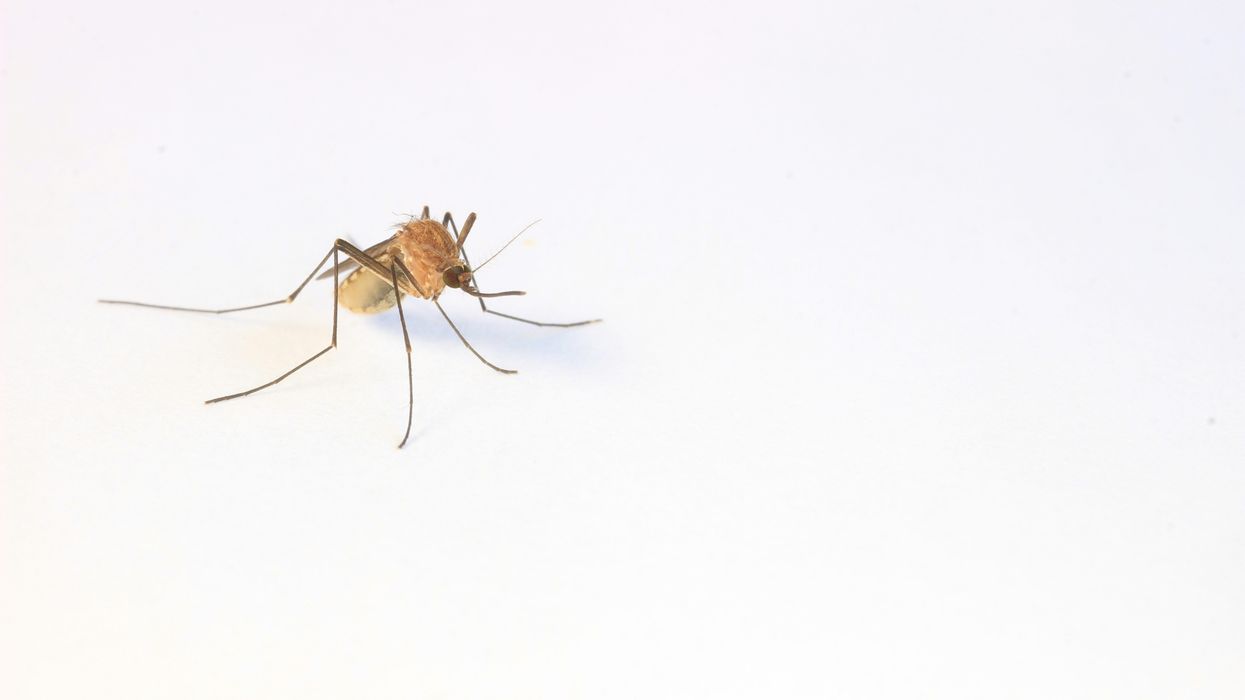A new industrial project in Mexico's Isthmus of Tehuantepec aims to bring development but poses risks to biodiversity, water resources, and Indigenous communities' way of life.
Alejandra Crail reports for palabra.
In short:
- The Interoceanic Corridor will transform forests and jungles in Oaxaca and Veracruz into industrial zones, potentially contaminating air, water, and soil.
- Government reports acknowledge that thousands of animals could die, and the landscape will undergo irreversible changes due to industrialization.
- Indigenous communities, who depend on the region's natural resources, have not been adequately consulted about the project's environmental impacts.
Key quote:
"It is not development, it is death. Today the peasants in our communities, the teachers, the housewives see it. This is a great disaster for our territory."
— Julissa Hernández, activist
Why this matters:
The project threatens one of Mexico's most biodiverse areas, risking water scarcity and irreversible environmental damage. Indigenous voices are being sidelined, raising concerns about land rights and environmental justice.















